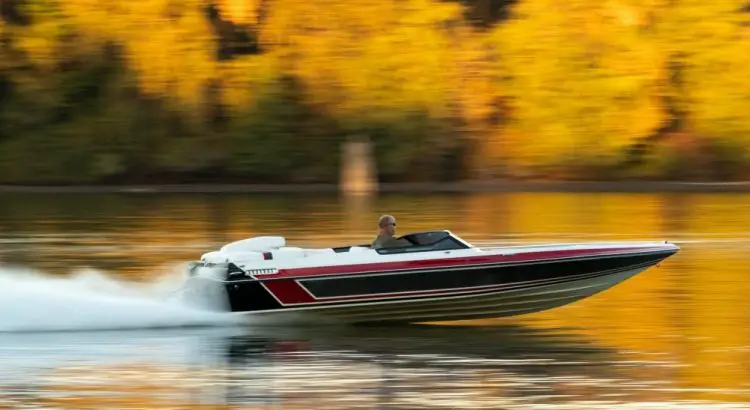This page contains affiliate links. This means that we may get a small commission for recommending products, if you choose to click on something and buy it. This does not cost you anything, but we wanted to be honest and let you know!
The advancements of marine technology have made boats become safer, easier to use and more enjoyable.
From use in fishing where anglers require indication to the location of fish to high-quality marine audio.
However, not all boat owners will require the top of the range of boating technology. There are some essentials that will be required though.
From the battery to complex marine radars, keeping up with the technology can be very time-consuming.
However, at The Marine Lab, we aim to keep you up to date with the latest trends.
Marine Battery & Chargers
The battery of the boat is subject to a huge amount of usage from various boat parts and much more.
They will also be required for starting. When in cold temperatures, it’s important that it has high cold-cranking amps to start reliably every time.
The best marine battery will power up all your appliances with large reserve capacity.
In case the battery does ever become flat, we highly recommend investing in a marine battery charger. This is compatible with a range of batteries.
You might be worried about the possibility of damaging your battery via water or heavy impact. In this case, advise that you use a smart battery box. This box secures the battery and keeps it sealed away from the elements.
For larger vessels, an investment in marine solar panels can see a good return of investment. It ensures your battery is always topped up with power.
Be sure that you have a deep cycle battery that is compatible with solar panels beforehand.
You might be one that spends more time on your boat for long periods of time. Having domestic devices such as TVs, microwaves, computers, and others can improve your comfort.
However, before you can use these devices, you need to ensure that you are supplying them a 120 volt AC power.
In order to do this, you will require marine power inverter. This device converts the supply of direct current to alternating current.
Communication Out To Sea
When you are planning large journeys out to sea, you will want to ensure you can communicate to emergency services.
Simply relying on your phone is not enough because as soon as you live the harbor and go further out to sea, the signal will be poor.
There are two options, which include an EPIRB and the more popular marine VHF radio.
In terms of the differences, the VHF radio uses radio waves to send and receive transmissions and usually have a range of 30 miles.
They require no licenses and if you want additional power, you can install a VHF antenna.
In terms of the EPIRB (Emergency Position Indicating Radio Beacon), it has an unlimited range because its a satellite device but you will need to register it correctly to your vessel.
Radar & GPS Technology
For boat owners that are fairly serious when it comes to boating, investing in the latest radar and GPS equipment is very desirable.
The marine radar is mostly used by medium to large vessels that want to avoid colliding with other boats or objects in the ocean.
It is able to provide exact locations of nearby objects with the more premium examples providing various signals that define the threat level of the object.
If you want to navigate your boat safely with many premium marine GPS chartplotter devices providing an autopilot function.
They also include various other features that include touchscreen displays, wireless connectivity, CHIRP, fish finding, sonar scanning and much more.
Conclusion
Marine technology will continue to improve and you can keep up to date by viewing all of our technology articles.
These are updated frequently to keep up with the latest trends and products that are released by major marine brands.


